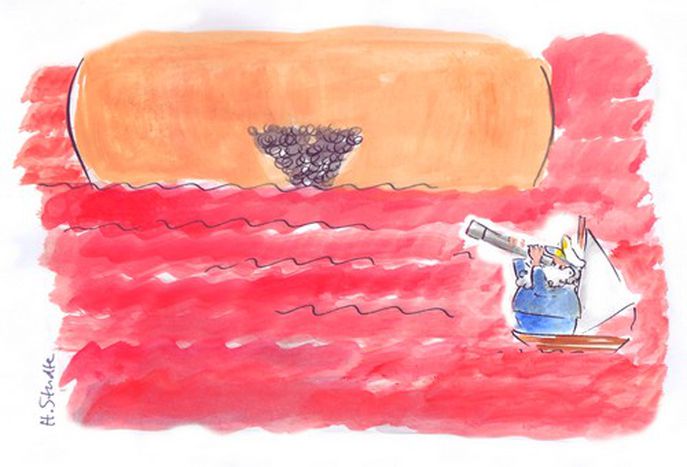
Time of the month
Published on
Translation by:
Erin WoycikOnce a month more than half of humanity celebrates the miracle of life. This happens with varying degrees of happiness, but always follows a cycle of relative regularity. The English can chose between the sober having a period or act tragically like victims of destiny evoking their ‘curse’. Some Spanish prefer to face adversity with more philosophy and don’t hesitate to adorn reality. In fact, they make use of poetry and the images of small birds: the Iberian dreamers say tener la perica (have a budgie). The word ‘perica’ calls to mind the well loved antiquated chamber pot, complete with a sense of glamour that all Europeans can appreciate.
North of the Pyrenees, the French ont leur règles (have their rules), the Germans seine Tage haben (have their days), or still more likely will be found ‘indisposed’. In the east, the Polish exchange the traditional headache excuse for a jestem niedysponowana (I’m not available), or can assure us, with more originality, that my aunt has arrived (ciocia przyjechala). This excuse, however, does not demoralize the German muscle-men who state, in the face of their female friends’ premenstrual syndromes, that the true sailor has also navigated the Red Sea (ein echter Seemann fährt auch auf dem roten Meer).
Translated from Ragnagnas



